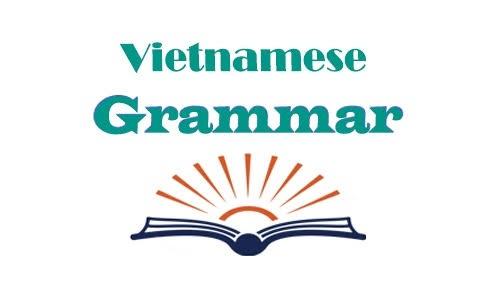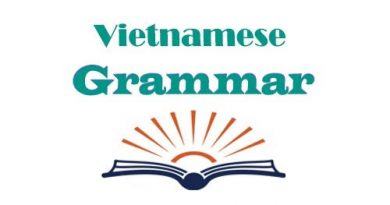How to use còn in Vietnamese – Vietnamese grammar
Hello everyone! In this post, we would like to introduce you to the lesson : How to use còn in Vietnamese – Vietnamese grammar.

Usage 1:
Position in sentence :
Is a verb.
Meaning and example :
Meaning: Express something still in process.
Note:
+ It is important to distinguish between “có” and “còn”. “Có” is a verb indicating the existence of something, it does not imply continuation of a previous state or action.
+ We can use the following forms: …còn lại…; còn…nữa; ngoài (…) ra, còn…
Example:
Tôi không còn nơi nào để đi nữa.
I have nowhere else to go.
Tôi chỉ còn 10.000 đồng nên không thể mua cái áo ấy.
I only have 10,000 dong left so I can’t buy that shirt.
A: Cậu còn tiền không? Cho tôi mượn đi.
B: Tôi chỉ còn lại nhiêu đây thôi nên không thể cho cậu mượn được.
A: Do you have money? Let me borrow.
B: I only have this much left, so I can’t lend it to you.
Ngoài sách văn học Việt Nam ra, tôi còn có rất nhiều sách văn học thế giới.
In addition to Vietnamese literature books, I also have many world literature books.
Usage 2:
Position in sentence :
Is an adverb placed before a verb or an adjective.
Meaning and example :
Meaning: Express continuation of an action, a state or a quality that is not finished yet.
Note: We can use the following forms: còn…(thêm)…(nữa), ngoài…còn
Example:
A: Ba mẹ cậu có nhà không?
B: Họ đi ra ngoài vẫn còn chưa về.
A: Are your parents home?
B: They haven’t gone back yet.
A: Sao cậu vẫn còn ở đây? Mau về nhà đi, đã trễ lắm rồi đó.
B: Vì công việc nhiều quá nên tôi còn phải làm thêm 2 tiếng nữa rồi mới được về.
A: Why are you still here? Go home, it’s too late.
B: Because I have too much work to do, I have to work for two more hours before I can go home.
Ngoài dọn nhà, tôi còn giúp bà giặt quần áo và nấu cơm.
Besides cleaning the house, I also helped my grandmother to wash clothes and cook rice.
Ngoài tiếng Anh, cô ấy còn nói được cả tiếng Nhật.
Besides English, she can also speak Japanese.
A: Cậu vẫn còn nhớ nơi này chứ?
B: Tất nhiên là nhớ rồi. Đây chính là nơi mà tụi mình đã gặp nhau lần đầu tiên.
A: Do you still remember this place?
B: Of course I do. This is the place where we met each other for the first time.
Usage 3:
Position in sentence :
Is a conjunction.
Meaning and example :
Meaning: Express that after “còn” is a different situation opposite to (or different from) what has just been mentioned before.
Note: We can use the following forms: không chỉ…mà còn…, không những…mà còn…, thà A còn hơn B
Example:
Tôi muốn làm bác sĩ, còn em gái tôi thích trở thành giáo viên.
I want to be a doctor, and my younger sister wants to be a teacher.
A: Cậu thích ăn thịt hay ăn cá?
B: Tớ thích ăn thịt, còn cá thì không.
A: Which do you like eating, meat or fish?
B: I like eating meat, but I don’t like eating fish.
Tôi thích xem phim kinh dị, còn anh tôi thì lại không thích xem.
I like watching horror movies, but my elder brother doesn’t like watching them.
Anh ấy không chỉ giỏi tiếng Anh mà còn giỏi cả tiếng Trung.
He is not only good at English but also at Chinese.
Tôi thà đi du lịch một mình còn hơn là đi chung với đồng nghiệp.
I would rather travel alone than travel with my colleagues.
Bà không những cho tôi bánh kẹo mà còn cho tôi cả tiền nữa.
My grandmother not only gave me candies but also gave me money.
See other Vietnamese grammar structures in category : vietnamese grammar
We on social : Facebook
